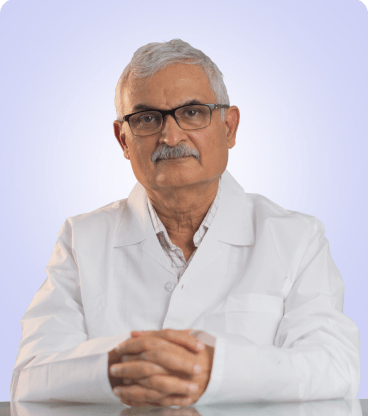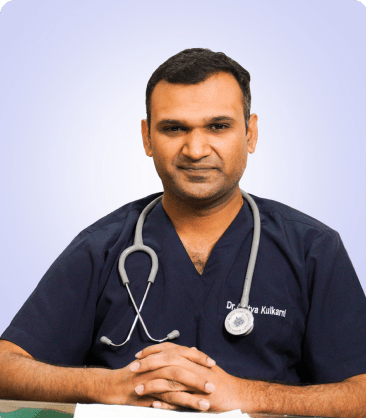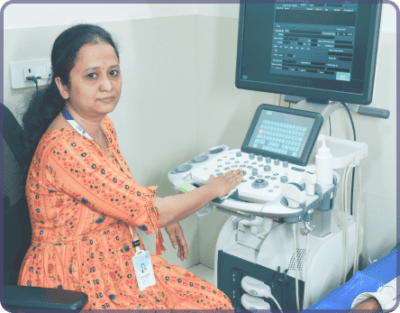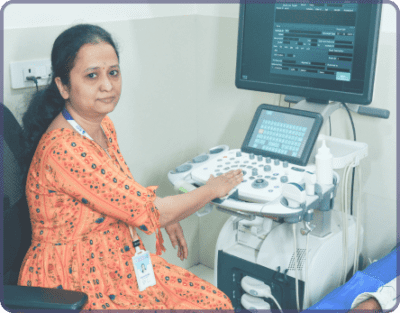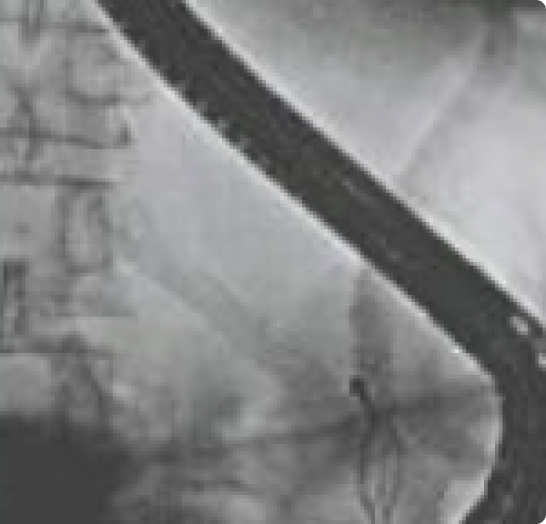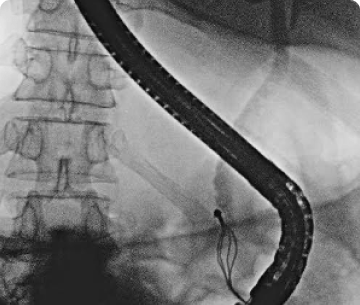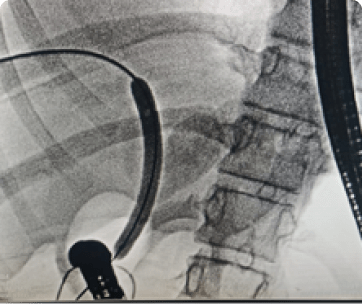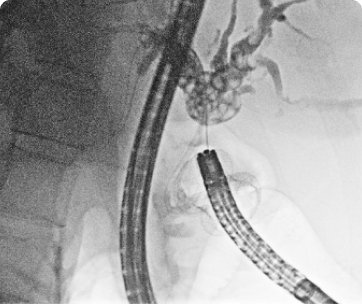GERD
GERD, or gastroesophageal reflux disease, is a chronic condition in which stomach acid and contents flow back into the esophagus, causing symptoms such as heartburn, regurgitation, and difficulty swallowing.

GERD

GERD, or gastroesophageal reflux disease, is a chronic condition in which stomach acid and contents flow back into the esophagus, causing symptoms such as heartburn, regurgitation, and difficulty swallowing.
OVERVIEW
GERD, or gastroesophageal reflux disease, is a chronic condition in which stomach acid and contents flow back into the esophagus, causing symptoms such as heartburn, regurgitation, and difficulty swallowing. GERD can be caused by a weakened lower esophageal sphincter (LES) muscle, which is responsible for preventing acid from flowing back into the esophagus. If left untreated, GERD can lead to more serious complications, such as esophagitis, ulcers, and even cancer.
The exact cause of GERD is not known, but it is believed to be related to a combination of factors, including a weakened LES muscle, hiatal hernia, obesity, smoking, and certain medications. Foods that are high in fat, caffeine, or acid can also trigger GERD symptoms.
The diagnosis of GERD typically begins with a physical exam and a thorough medical history. Additional diagnostic tests, such as an endoscopy, pH monitoring, or esophageal manometry, may be ordered to evaluate the esophagus and rule out other conditions.
Treatment for GERD typically involves lifestyle modifications, such as dietary changes and weight loss, as well as medications to manage symptoms and reduce acid production. In more severe cases, surgical intervention may be necessary to strengthen the LES or repair a hiatal hernia. It is vital to work with a healthcare professional to determine the most appropriate treatment plan based on GERD’s severity and underlying cause.
It is important to see a doctor if you experience persistent symptoms of GERD, such as heartburn or regurgitation, or if you have difficulty swallowing. Other symptoms that may indicate a more serious underlying condition include unexplained weight loss, chest pain, or difficulty breathing.
The exact cause of GERD is not known, but it is believed to be related to a combination of factors, including a weakened LES muscle, hiatal hernia, obesity, smoking, and certain medications. Foods that are high in fat, caffeine, or acid can also trigger GERD symptoms.
The diagnosis of GERD typically begins with a physical exam and a thorough medical history. Additional diagnostic tests, such as an endoscopy, pH monitoring, or esophageal manometry, may be ordered to evaluate the esophagus and rule out other conditions.
Treatment for GERD typically involves lifestyle modifications, such as dietary changes and weight loss, as well as medications to manage symptoms and reduce acid production. In more severe cases, surgical intervention may be necessary to strengthen the LES or repair a hiatal hernia. It is vital to work with a healthcare professional to determine the most appropriate treatment plan based on GERD’s severity and underlying cause.
It is important to see a doctor if you experience persistent symptoms of GERD, such as heartburn or regurgitation, or if you have difficulty swallowing. Other symptoms that may indicate a more serious underlying condition include unexplained weight loss, chest pain, or difficulty breathing.
Don’t wait!!
Get consulted with our GI specialist today
Book your appointment effortlessly.
FREQUENTLY ASKED QUESTIONS

MEET OUR DOCTORS
Our team comprises of well experienced and skilled medical professionals from all the allied medical specialties helped by young enthusiastic doctors.
MEET OUR DOCTORS
Our team comprises of well experienced and skilled medical professionals from all the allied medical specialties helped by young enthusiastic doctors.




